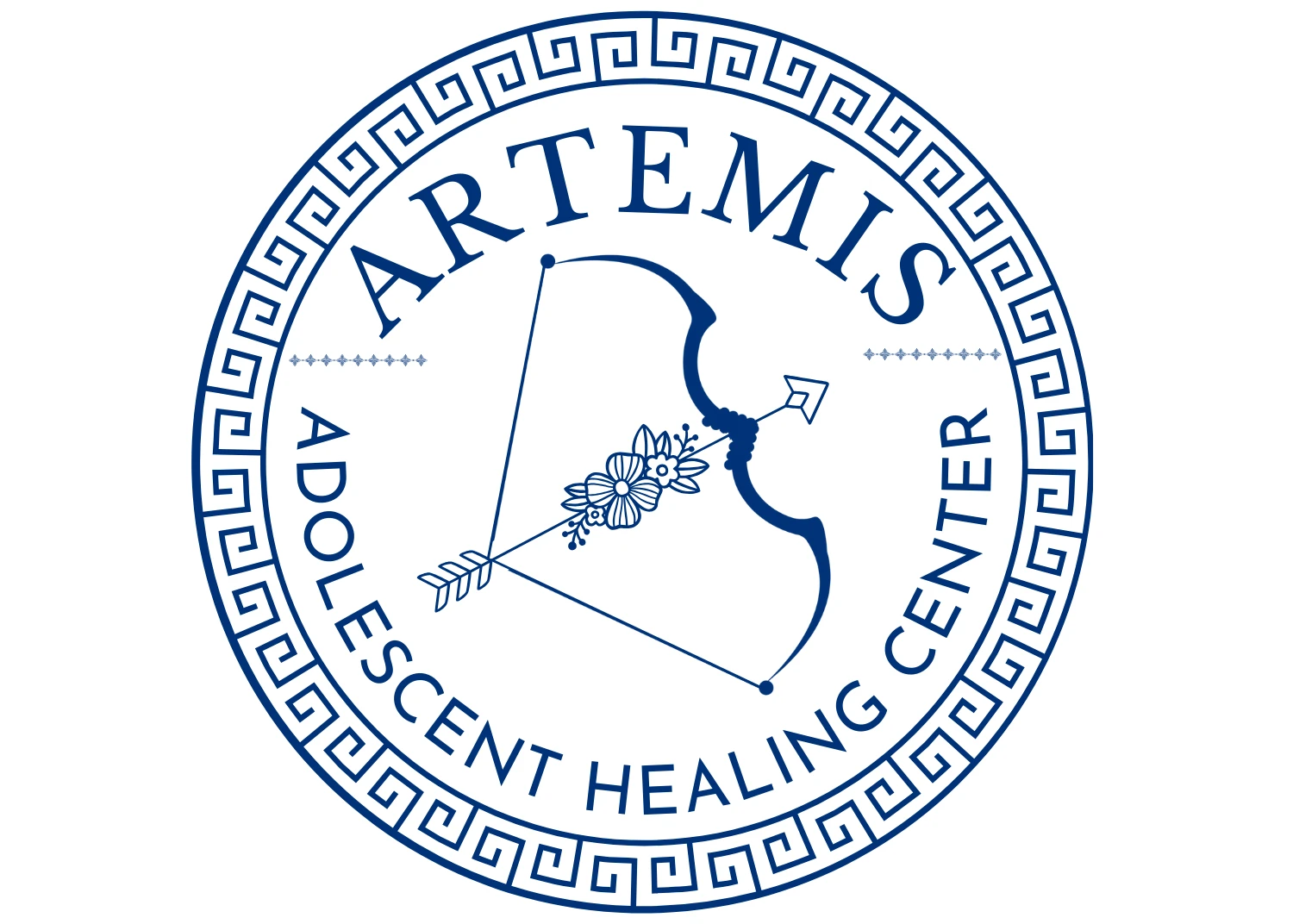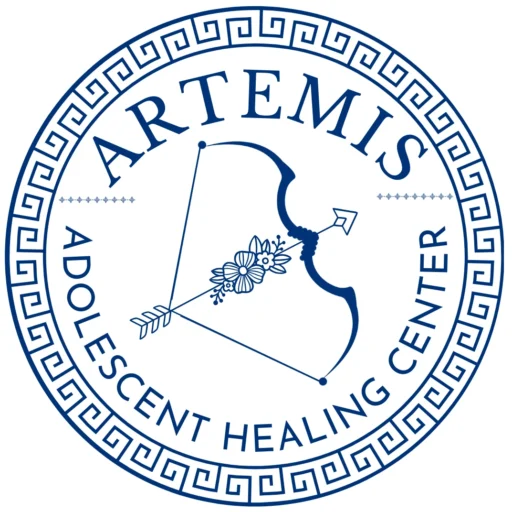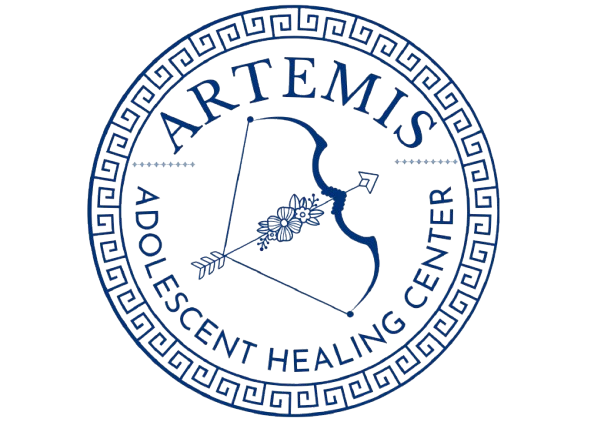Artemis Offers a Supportive Detox Setting for Young People
Did you know that around 50% of teenagers have misused a drug at least once in their life? It might have been intentional, or unintentional. However, what’s more important is getting them the right help and treatment services if this use has become problematic.
For parents, seeing their child fall into the traps of illicit drug addiction or a substance use disorder is extremely distressing. For some, drug misuse disorders can be both mentally and physically disturbing.
However, the right treatment process through timely interventions can be a way to help your child recover. It can not only help them break free from the clutches of drug and alcohol abuse but also recover from mental health conditions.
At Artemis Adolescent Healing Center, we offer detox for teens and adolescents alongside a full range of substance abuse treatment for young people. And, one of our most effective approaches to helping struggling individuals is through a sub-acute detox program. Get in touch to learn more about our substance abuse and alcohol detox facility.
Get Effective Detox and Rehab Options at Artemis
What Does Detox Mean for Teens?
For most rehabilitation programs, detoxification is the initial step in the recovery process. It involves the safe and supervised clearing of harmful substances from the body.
So, for teens struggling with drug use disorders, detoxification is very important in their recovery journey. It gets the harmful substances and alcohol out of their system, so they can bring a clearer mind and healthier body into the recovery process.
Why Is Detoxification Important for Adolescents?

The National Institutes of Health (NIH) tells us that adolescence is a very critical time of development in an individual’s life. It is where significant psychological, physical, and emotional changes take place. And since the level of development is complex, issues like addiction can interfere with their growth.
In fact, drug or alcohol abuse disorders can trigger mental health issues. For instance, chronic drinking or drug abuse can lead to:
- Anxiety
- Depression
- Anger
- Mood disorders
- Personality disorders
That is one of the reasons why we recommend a dual diagnosis treatment for our clients at Artemis. Our psychiatrists and rehab experts work with your adolescent to identify underlying mental health issues. This helps them understand the link between their mental health and addiction, and why they need a more comprehensive treatment plan for effective recovery.
What Are the Withdrawal Symptoms During Detox?
Before the withdrawal symptoms emerge during the detox, it will help you and your child to know what they might look like. Why is that necessary? Because prior knowledge can make it easier to cope with the symptoms and work toward recovery.
Some of the most common symptoms that adolescents and teenagers experience during medical detox include:
- Nausea or vomiting
- Intense cravings for the substance (or alcohol)
- Headaches
- Confusion and disorientation
- Sweating and tremors
- Mood swings
- Anxiety (agitation and depression)
- Fatigue
- Difficulty concentrating
- Hopelessness
These are all common symptoms and nearly everyone who has gone through a detoxification process has experienced them. Our advice is to trust a team of medical professionals who are experienced, knowledgeable, and trained to help guide you through this process.
If you or someone among your loved ones is struggling with addiction and co-occurring disorders, get professional help from Artemis today. Call us and schedule a confidential consultation to take the first step towards a healthier life for your child.
How Long Does Detox for Teens and Young Adults Take?

The detox process will take anywhere from a few days to a week. In some cases, the duration can extend to two weeks or even more if the condition is too severe. However, the entire duration will depend on a few important factors which should give you a rough idea of the whole process:
- Substance type
- Duration of use
- Type of medical care program
- Level of emotional and mental support
- Current physical health status
All of these factors will determine whether your teenager will spend more or less time in detox. We want you to remember that no matter how uncomfortable, detoxification is one of the most important steps in lasting recovery from substance use and alcohol abuse.
Get Accredited Treatment Programs at Artemis
What to Expect During and After Detox at Artemis in Teen Drug Rehab?
You may be asking yourself questions like: What should I expect during the detox? What happens after it ends? What is the next step in terms of the right level of care for my child?
Fortunately, we are here to answer them. Depending on the person and their addiction status, the detoxification duration can vary. However, it begins and follows a typical routine, something like this:
Initial Assessment
First, you consult a healthcare professional so they can assess all the factors that will determine the duration of the detox period. Note, this is also where the expert will recommend treatment options, and programs (whether inpatient or outpatient).
Detoxification
The actual detoxification takes place. Your teen will receive sub-acute detox at Artemis Adolescent Healing Center with the help of licensed and highly trained professionals.
Group Therapy and Support
Once experts are certain that harmful chemicals are clearing your body, they will start transitioning your teenager to other treatment services. These will include support groups, combined therapy sessions, one-on-one counseling, and so on.
How Can You Help Your Teen During Detox?

Your child is facing uncomfortable withdrawal symptoms, there’s a horde of prescription medications, and their well-being is at stake. How can you help?
We advise our clients to stay calm and focused, to understand their child’s health needs and current health status. However since they have enrolled in a substance use or alcohol detox program, there are a few things you can do to help them power through the addiction treatment process.
Be Informed
We encourage parents to educate themselves about the drug and alcohol detox process. They should understand the relevant substance use disorder and its symptoms. When you understand the condition and the medications your teen is having, you will understand what they’re going through at different stages.
Provide Emotional Support
The next thing you should do is, get comfortable expressing your emotions and encouraging your child to do the same. Sometimes, expressing feelings in a safe and non-judgmental space can be as effective as medications.
You should know that they might feel scared, ashamed, and overwhelmed at first. But that’s part of the process and you should listen to them without judgment.
Be Patient With Them
Remember, alcohol detox (or even detox for substance abuse) can take a few days or even a few weeks in some cases. The best thing you can do is to stay patient and acknowledge that sustainable recovery won’t be an overnight process.
It will involve a closely monitored detoxification process and medications. There might be restless nights and disruptions in daily life, both at personal and professional levels. You will notice signs of emotional distress and cravings in your child. However, you must remember that their well-being depends on perseverance.
Offer and Encourage Healthy Alternatives

Work with your child and the professionals to discover new and effective coping strategies. When family members partake in rehab, it can significantly improve the treatment outcomes (research indicates). Therefore, working with them to develop coping skills and withdrawal management strategies can go a long way.
Besides, sometimes the substance or alcohol addiction can be due to underlying causes such as difficult family dynamics. And that is why family therapy in your child’s treatment options can make recovery more achievable and longer-lasting.
Up To 100% of Rehab Costs Covered By Insurance
A Fresh Start for Teens Struggling with Substance Use
We understand how peer pressure and sometimes even mental illness can make teenagers more vulnerable to alcohol or drug abuse. Through extensive knowledge and years of hands-on experience, we know that young people have a lower capacity for impulse control.
What does that mean? Since the more complex regions of their brain are not fully developed, they are more susceptible to falling into addiction. Be it addiction to alcohol, an illegal drug, or even social media. Therefore, Artemis has set up specialized addiction treatment programs, which include a sub-acute detox program.
To help your child successfully recover from alcohol or drug use, trust the recovery process at Artemis with the help of knowledgeable and experienced professionals. We will help you understand your teen’s health needs more comprehensively, and get them started on the path to lasting recovery.
Please call us confidentially today to get your child the support need for clean and sober success.






